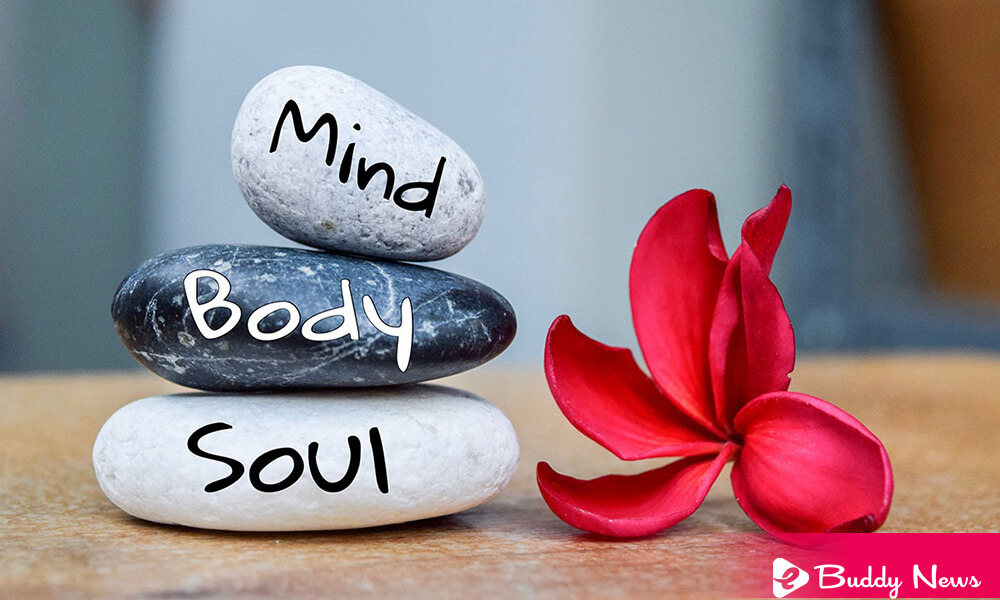A Brief Note About What Does Holistic Lifestyle Mean?

A holistic lifestyle is a deliberate choice to create balance in our lives and reach the maximum potential for individual well-being in body, mind, and soul.
Although its meaning is variable and customizable, the governance of holistic life depends on the principle of observing and reacting to events as an integrated entirety that ultimately determines how the parts behave.
It would be a staunch belief that there is a relatively standard cure for every sickness. The holistic perspective understands, for example, that the background of a disease can be emotional and psychological (not just physiological). And that there are various tools to treat a disease – unlike a more traditional school of thought.
Where Does The Term Derive?
Holistic derives from holism, a word that in Greek means everything, and that goes back even to Aristotle. It is a position that maintains that systems (physical, biological, social, mental, etc.) and their properties must be analyzed as a whole and not only through their parts. In other words, the whole is more important and complex than the sum of its parts.
One of the most common using this term is to accompany words that characterize everyday life: holistic nutrition, holistic education, and others.
What Is Your Focus?
Holistic living considers four aspects of well-being: physical, emotional, mental, and spiritual. It is a belief that what happens to one of the aspects may affect the other three. Therefore, holistic care takes each of them into account and focuses on how they work together in each person.
Since food plays a vital part in the body’s general functioning, eating is a habit we repeat every day. Eating is one of the areas in which we come across the most often applicability of the term ‘holistic.’
It is also used for holistic medicine, not rejecting conventional medicine. But rather than listening to the body, this connection results in each person knowing when it seems appropriate to take a natural medicine versus when they consider their situation serious or chronic. It seems more sensible to see a conventional doctor.
Yes, holistic nutrition, in general, focuses on consuming healing, nutrient-dense foods that are whole and minimally processed. For example, consuming certain dyes or chemical additives could cause inflammation in the body and unbalance the physical or mental aspects, vital for well-being. Therefore, we appreciate the synergy of traditional medicine and alternative tools, besides welcoming the balance between consuming indulgent foods and purely nutritious foods.
How Is It Put Into Practice?
The first thing is to remember that we must flow. A holistic lifestyle is a proactive and constantly changing process. It is not something we achieve that one day. It is a path of conscious decisions that create balance in time and intentionally heal the four aspects of well-being.
It is ideal to also focus on self-care: creating habits that we feel are good for us. Strengthen the ability to increase and maintain our health in the short and long term.
Consistent gratitude practice is another important tool. We often know and feel that we could be happier or healthier, but we have no idea how to get there. And there, perhaps, the answer for some people is to point out to oneself the aspects that are working well in our lives – instead of those that are not.
And while you hear a lot about leading a holistic life, its meaning varies from person to person. It may sound ambiguous, but the good thing about the flexibility of the term is that there is no right way or no wrong way to live holistically.
The keywords of the holistic lifestyle are balance, synergy, awareness, and well-being.














